Top Skills You Need to Know as a Data Science Professional

In the world of data science, professionals are tasked with transforming raw data into actionable insights. As companies increasingly rely on data-driven decision-making, the demand for skilled data scientists has skyrocketed. If you want to succeed in this rapidly growing field, there are certain skills you must master to stay competitive. Here’s a breakdown of the essential skills every aspiring or current data science professional should know.
1. Programming Languages
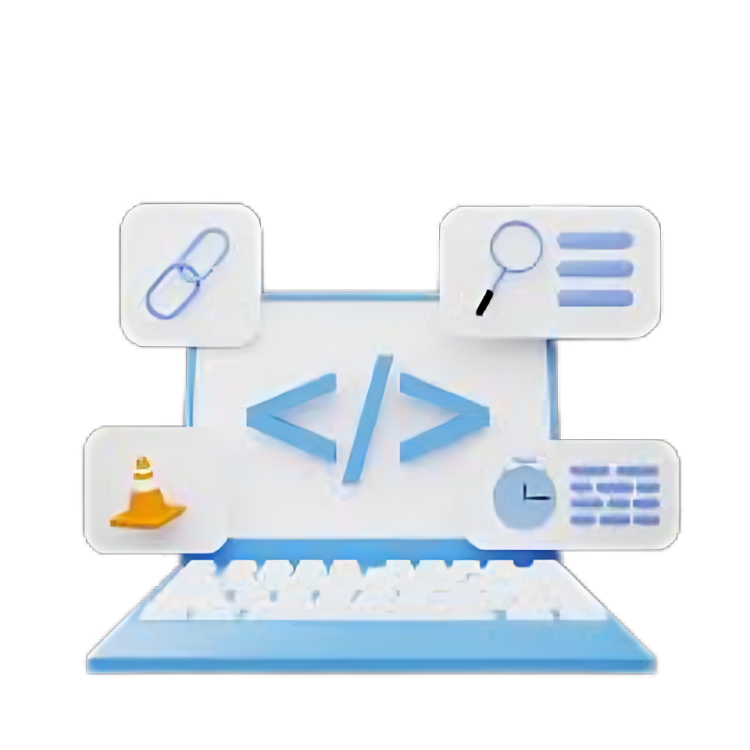
Data science requires a strong foundation in programming to manipulate and analyze large datasets. The two most widely used programming languages in the field are:
R: While Python dominates, R is also widely used in statistical analysis and data visualization, making it a valuable tool in the data scientist’s toolkit.
Python: Python is versatile, with powerful libraries like Pandas, NumPy, and SciPy that make data manipulation and analysis easier. Additionally, machine learning frameworks such as TensorFlow and scikit-learn are also built with Python.
2. Data Manipulation and Analysis
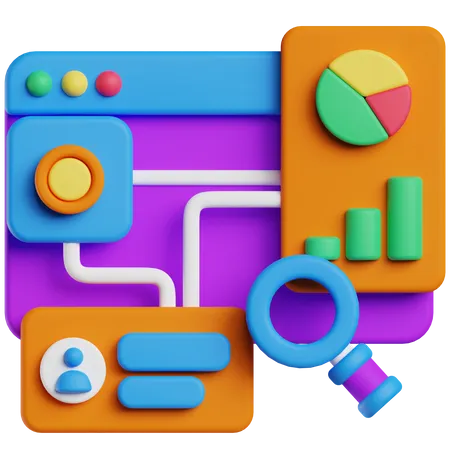
Data scientists spend a significant amount of time cleaning, transforming, and organizing data. Knowing how to work with data and extract meaningful information is essential.
- Data Cleaning: Understanding how to handle missing values, remove duplicates, and normalize data is crucial for accurate analysis.
- Pandas (Python) and dplyr (R): These libraries help to manipulate data in a structured format, such as cleaning and merging data from different sources.
3. Machine Learning

Machine learning (ML) is one of the cornerstones of data science. The ability to build, train, and fine-tune machine learning models can make or break a data scientist’s career.
- Supervised Learning: Techniques such as regression and classification are essential for predictive modeling.
- Unsupervised Learning: Clustering and association algorithms help uncover hidden patterns in unstructured data.
- Deep Learning: Advanced methods like neural networks for tasks such as image recognition, natural language processing, and recommendation systems.
4. Statistical Analysis
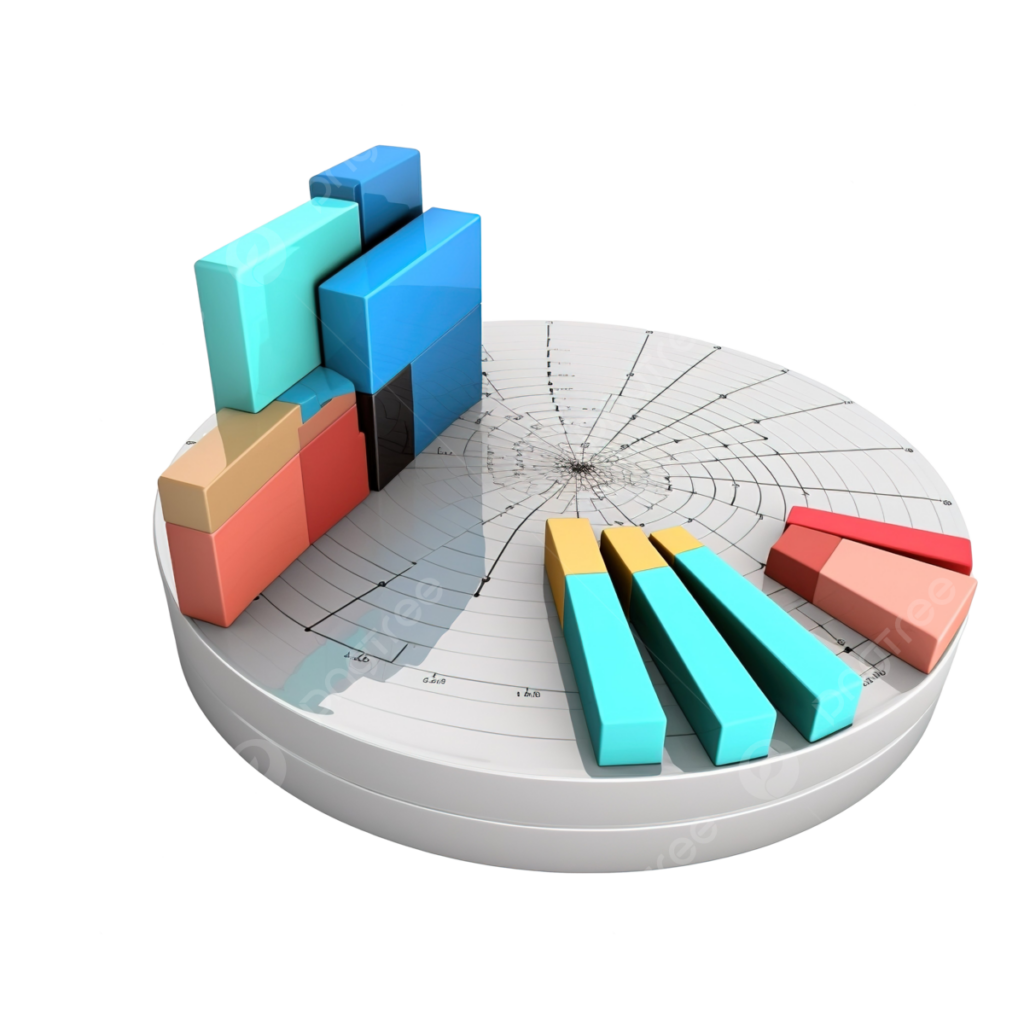
Understanding statistics is foundational to data science. Whether you’re analyzing data, interpreting models, or making decisions based on statistical tests, a solid grasp of statistics is necessary.
- Hypothesis Testing: Know how to test assumptions and draw conclusions from data.
- Probability Distributions: Familiarity with normal distribution, Poisson, binomial, and other distributions is key for analyzing data.
- Statistical Software: Tools like SPSS or SAS are also helpful for statistical analysis.
5. Data Visualization
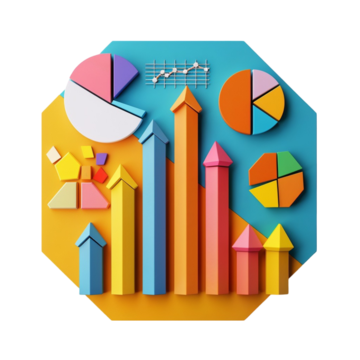
Effective communication of data insights is key to decision-making. Data visualization allows you to present complex findings in a more understandable format.
- Matplotlib, Seaborn (Python): These libraries help create a wide range of visualizations, from simple bar charts to more complex heat maps.
- Tableau and Power BI: These tools offer interactive, shareable dashboards that are often used in business settings for visual analytics.
6. Big Data Technologies
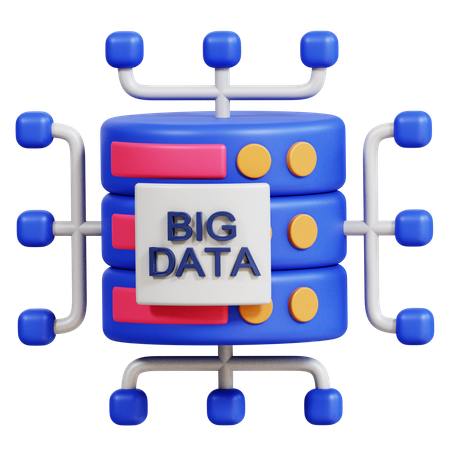
As the size and complexity of data continue to grow, data scientists must work with large datasets using big data technologies.
- Hadoop: This framework allows you to store and process massive datasets across a distributed computing environment.
- Spark: Spark enables fast, in-memory data processing that can handle a large scale of data efficiently.
7. SQL and Databases
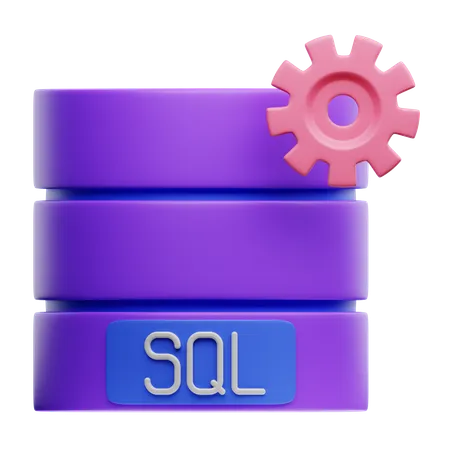
As a data scientist, being able to interact with databases to extract data is crucial. SQL (Structured Query Language) is the most common way to retrieve and manipulate data from relational databases.
- MySQL, PostgreSQL: Mastering these relational databases will help you work with structured data.
- NoSQL: In cases of unstructured data, familiarity with NoSQL databases like MongoDB and Cassandra is helpful.
8. Cloud Computing
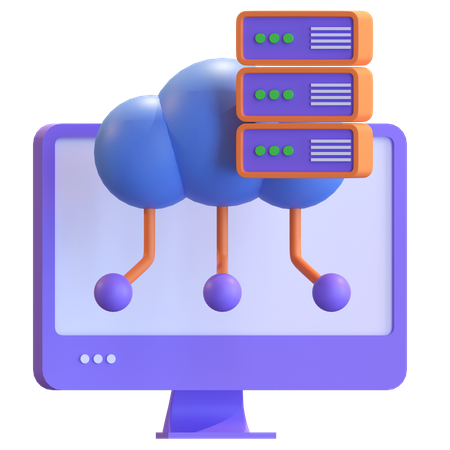
With more businesses moving to the cloud, data scientists must understand cloud platforms that can scale to handle large datasets and complex computations.
- AWS, Google Cloud, Microsoft Azure: These cloud platforms provide services for data storage, machine learning model deployment, and scalable data processing.
9. Communication Skills

Even with all the technical expertise, a data scientist’s ability to convey complex ideas and insights to non-technical stakeholders is crucial. Strong communication skills can help ensure your data-driven recommendations are understood and implemented.
- Storytelling with Data: Being able to narrate the data’s story helps to create more compelling reports and presentations.
- Business Acumen: Understand the business context to ask the right questions and deliver valuable insights to drive decisions.
10. Problem-Solving Mindset

Data scientists are essentially problem solvers. You’ll often encounter ambiguous and complex problems that require creativity and critical thinking to devise the best solutions.
- Analytical Thinking: Break down problems logically to understand their components and determine the best approach.
- Adaptability: The field of data science is constantly evolving. Being adaptable and eager to learn new tools, techniques, and frameworks will keep you ahead of the curve.
Conclusion
As a data science professional, mastering these skills is crucial for staying competitive in this fast-evolving field. Success comes from a blend of technical expertise, problem-solving abilities, and strong communication skills. Whether you’re starting out or refining your abilities, focus on these core skills to unlock the full potential of data science in your career. Keep learning, experimenting, and staying curious—you’re on the right path to becoming a top-tier data scientist!
Looking for expert software solutions? Visit Xiteb LLC to explore cutting-edge technology services. 🚀



0 Comments